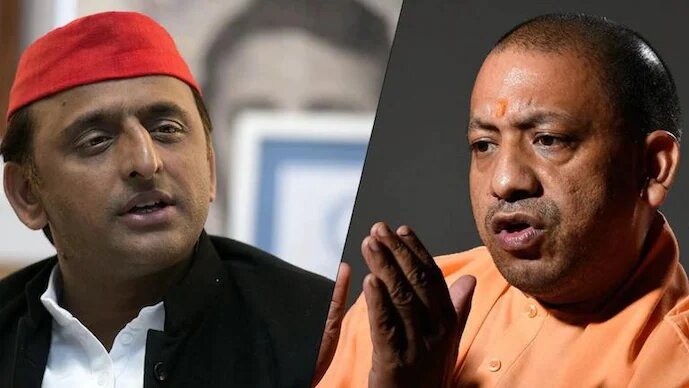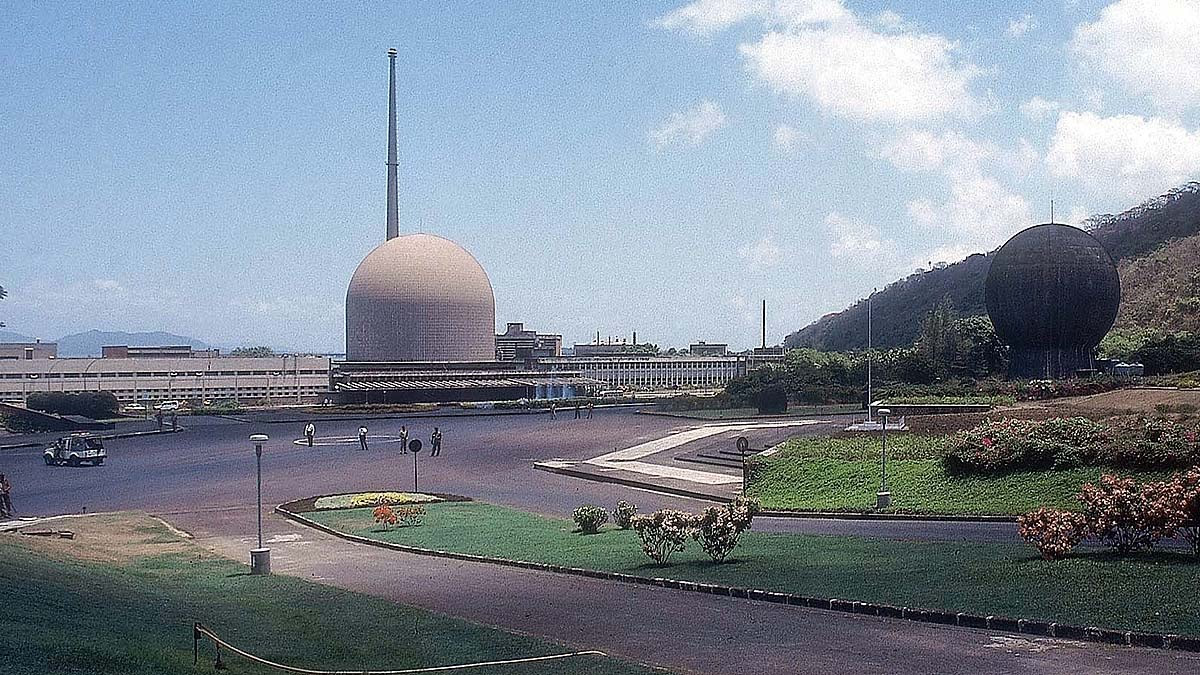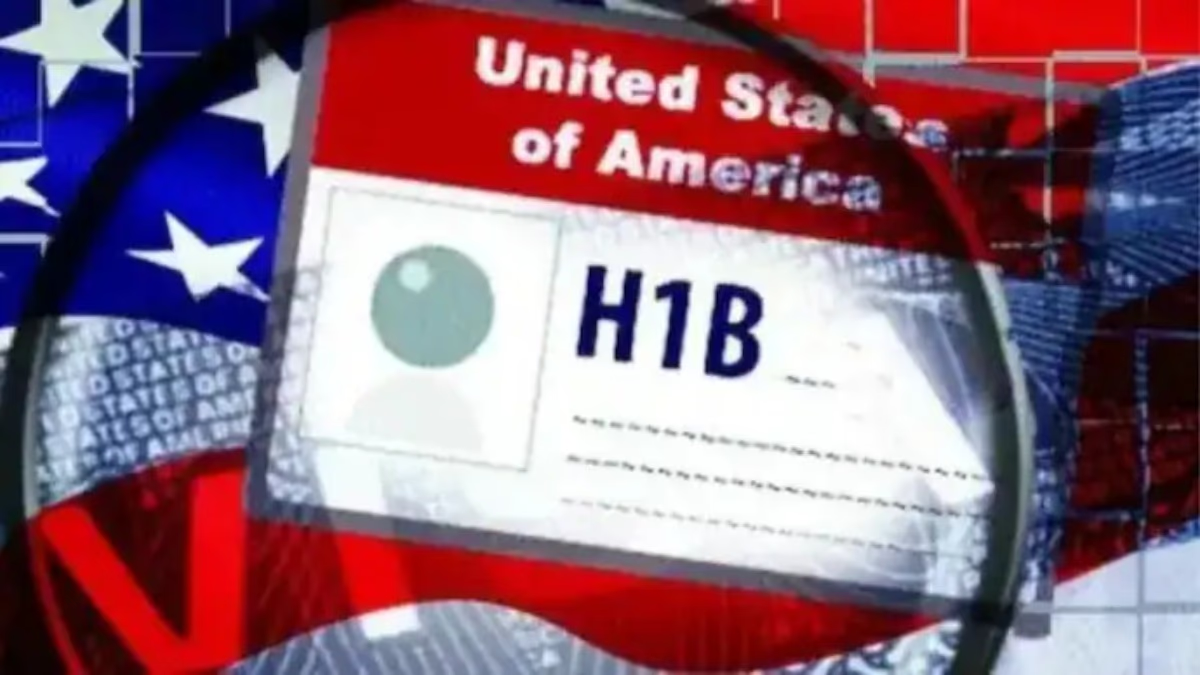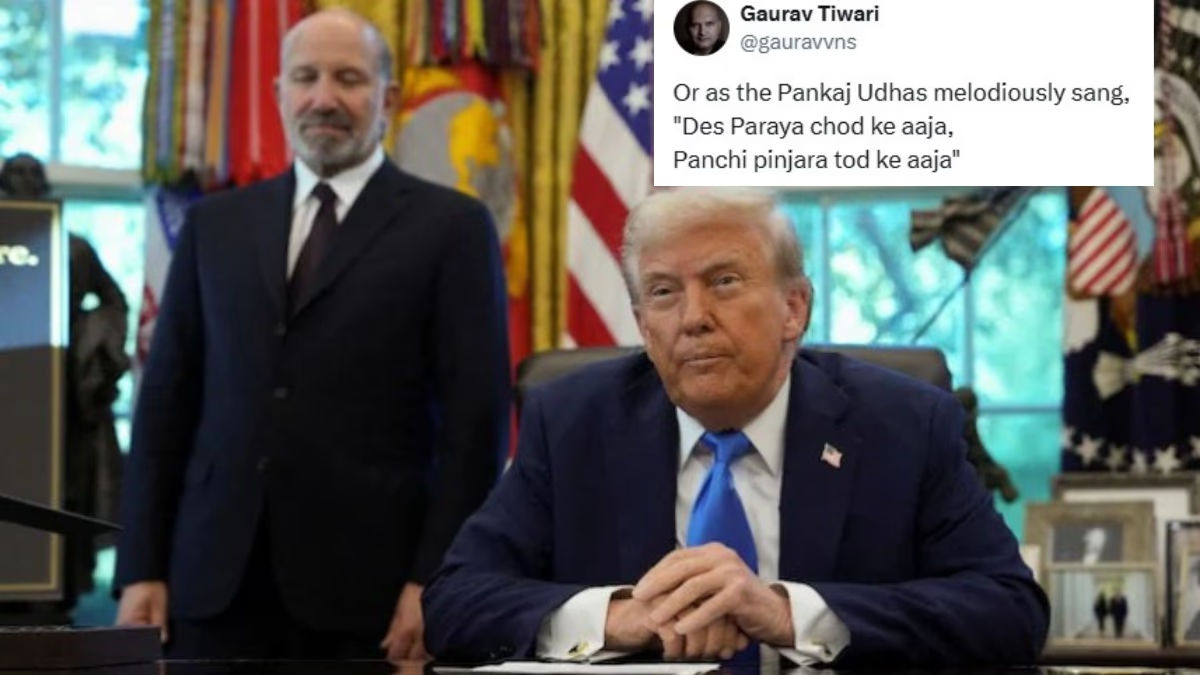Following the Rajya Sabha elections, the moment of truth has returned for the Samajwadi Party, as it faces the challenge of preventing cross-voting among its legislators. Amid the lead-up to the Lok Sabha elections, the UP legislative council elections are due. Nominations are to be filed from March 4 to March 11.
It is essential to note that based on the number of legislators, the Samajwadi Party could clinch three MLC seats, while the BJP is the anticipated victor of 10 seats. However, the pattern of cross-voting by SP legislators during the Rajya Sabha elections has left the SP in a state of uncertainty.
According to reports, the Samajwadi Party may nominate Naresh Uttam Patel, Balram Yadav, and Guddu Jamali for the legislative council elections.
The BJP had stirred excitement in the Rajya Sabha elections by fielding a third candidate, subsequently wresting a third seat from the SP's grasp. This raises the question: will the BJP up the political heat in UP by contesting with an 11th candidate in the legislative council elections? Introducing an 'extra' candidate could once again escalate tensions within the state's political climate.
If we analyze the SP's strategic calculations, Guddu Jamali is a recent addition, having left the BSP for the SP. It is worth noting that the SP suffered a defeat in the 2022 by-election in Azamgarh due to his candidacy. Balram Yadav, another figure from Azamgarh, has served as a minister in the governments of Mulayam Singh Yadav and Akhilesh Yadav, and his son Sangram Yadav is also an assembly member.
Statistics suggest that the BJP could secure 10 MLC seats and the SP three based on the legislators' strength.
Out of the 13 MLC seats in UP that are up for election, the BJP holds 10, Apna Dal one, the SP one, and the BSP one.
The elections for the 13 legislative council seats are imminent, with each requiring a backing of 29 assembly members if the statistics are considered. Accordingly, the BJP and SP are expected to win 10 and three seats, respectively.
As for the MLC equations in UP, out of 403 assembly seats, currently 399 members are serving. The formula for MLC elections is akin to that for Rajya Sabha. A single MLC seat demands 29 votes.
With an eye toward the Lok Sabha elections, the BJP could yield one seat each to Apna Dal and RLD to maintain the alliance. The NDA currently enjoys the support of 288 MLAs in UP, and the SP's cross-voting MLAs appear aligned with them too.
On one side, the BJP has 252, Apna Dal 13, RLD 9, Nishad Party 6, Suheldev Bharatiya Samaj Party (SBSP) 6, and Raja Bhaiya's two assembly members supporting it. Thus, the NDA led by the BJP commands a total of 288 MLAs, while the SP has 108, and Congress has two, showing a supportive base of 110 MLAs for the SP. However, given the cross-voting witnessed in the Rajya Sabha elections, it remains uncertain whether the SP can garner full votes from its own MLAs, which is currently causing doubt and struggle within the party. Akhilesh Yadav is strategizing on how to prevent his MLAs from cross-voting.




